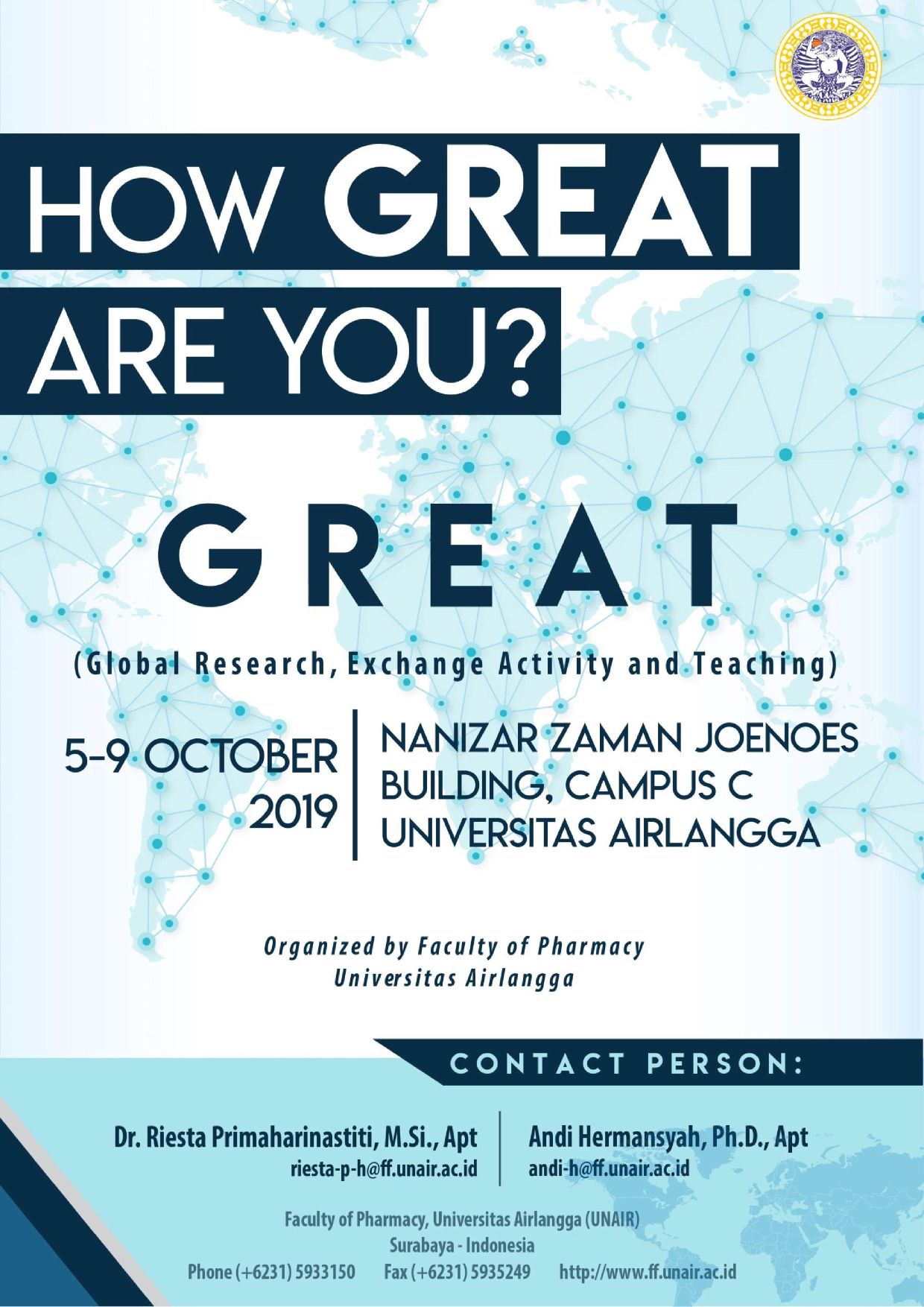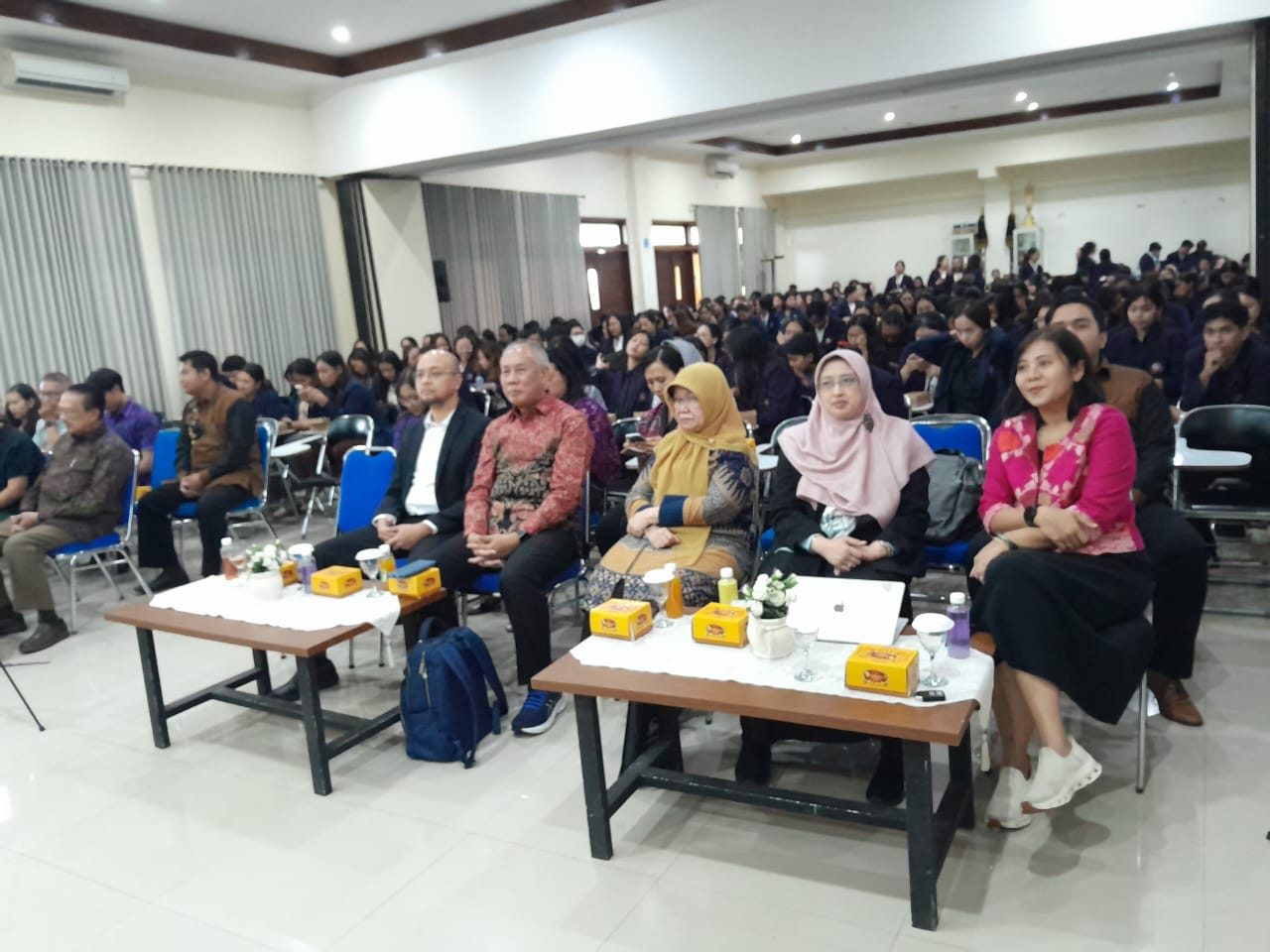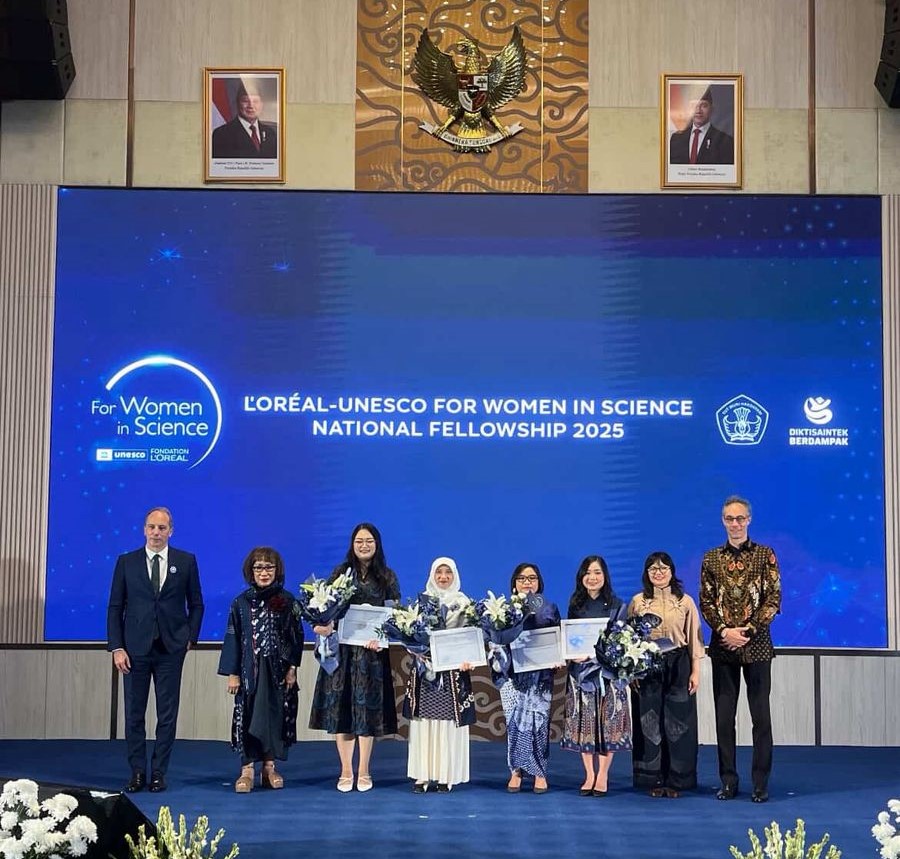Warfarin has been the most highly prescribed oral anticoagulant worldwide so far. However, warfarin therapy management is still challenging due to the narrow range between therapeutic and toxic doses, considerable interindividual variability, extensive interactions with drugs and diet, complex dose regimen, and the requirement of frequent laboratory monitoring. Thus, maintaining stable anticoagulant effect of warfarin can be difficult. Furthermore, many studies show that warfarin quality is still low, especially in developing countries that don’t have warfarin management service. Therefore, new strategies are warranted to improve warfarin quality through the development of collaborative pharmaceutical care model.
This study was conducted at the Airlangga University Hospital. The first phase was a cross-sectional study to identify drug-related problems that caused the low achievement of warfarin therapy. Second phase of study was a qualitative study to develop a pharmaceutical care model in collaborative care. Then, the third stage was a pre-post design study to analyse the effect of pharmaceutical care model on the quality of warfarin therapy outcomes.
Based on the identification, the factors that caused the low achievement of warfarin therapy were followings, dosing that was not entirely based on the algorithm, INR monitoring interval in patients with INR out of ranges that were not in accordance with evidence based practice, suboptimal drug interactions management, patients’ knowledge on warfarin that was not optimal, the belief of medicine that was still low, and many patients that had low compliance. Therefore it has been arranged (1) collaborative warfarin management guidelines that consist of assessment protocols, dosing protocols, INR monitoring protocols, drug interaction management protocols, bleeding management protocols, and warfarin service flow; (2) patient education protocols that contain audio- animated videos and booklets; and (3) warfarin record books, media of communications between patients, pharmacists, and cardiologist. The collaborative pharmaceutical care model requires pharmacists and cardiologist to comprehensively implement collaborative warfarin management guidelines, educational protocols, and warfarin record books. In addition, the arrangement of a specific service flow for warfarin is needed to achieve maximum results for pharmacists’ and cardiologist’ collaborative service. From the third phase, it can be seen that the collaborative pharmaceutical care intervention for three months increased the percentage of patients who achieved the therapeutic target from 25% to 65% (P=0.000); increase in the average TTR from 42.46 ± 33.42% to 70.98 ± 25.18% (P=0.000); increase in algorithm based dosing consistency from 58.33 ± 34.44% to 90.23 ± 20.07% (P=0.000); increase in INR monitoring consistency from 39.40 ± 34.79% to 77.78 ± 26.86% (P=0.000); increase in percentage of compliant patient from 40% to 78% (P=0.000); increase in patients with good knowledge from 32.5% to 82.5% (P=0.000), and increase in patients’ belief of medicine from 0.89 ± 0.55 to 1.85 ± 0.54 (P=0.000).
There was a significant positive association between the pharmaceutical care interventions in collaborative practice with cardiologist and warfarin outcome. The identified findings revealed that expanded role of pharmacist in warfarin therapy is beneficial to optimize the warfarin therapy. The improvement could be through active collaboration with cardiologist to enhance algorithm based dosing consistency, INR monitoring in patients with out of range INR, drug interactions management, and intensive education to patients. This finding from this study is promising to initiate warfarin clinic in Indonesia and disseminate to other health institutions in Indonesia.

Keywords: pharmaceutical care; collaborative practice; warfarin quality; algorithm based dosing; frequent INR monitoring; extensive drug interactions, intensive education








